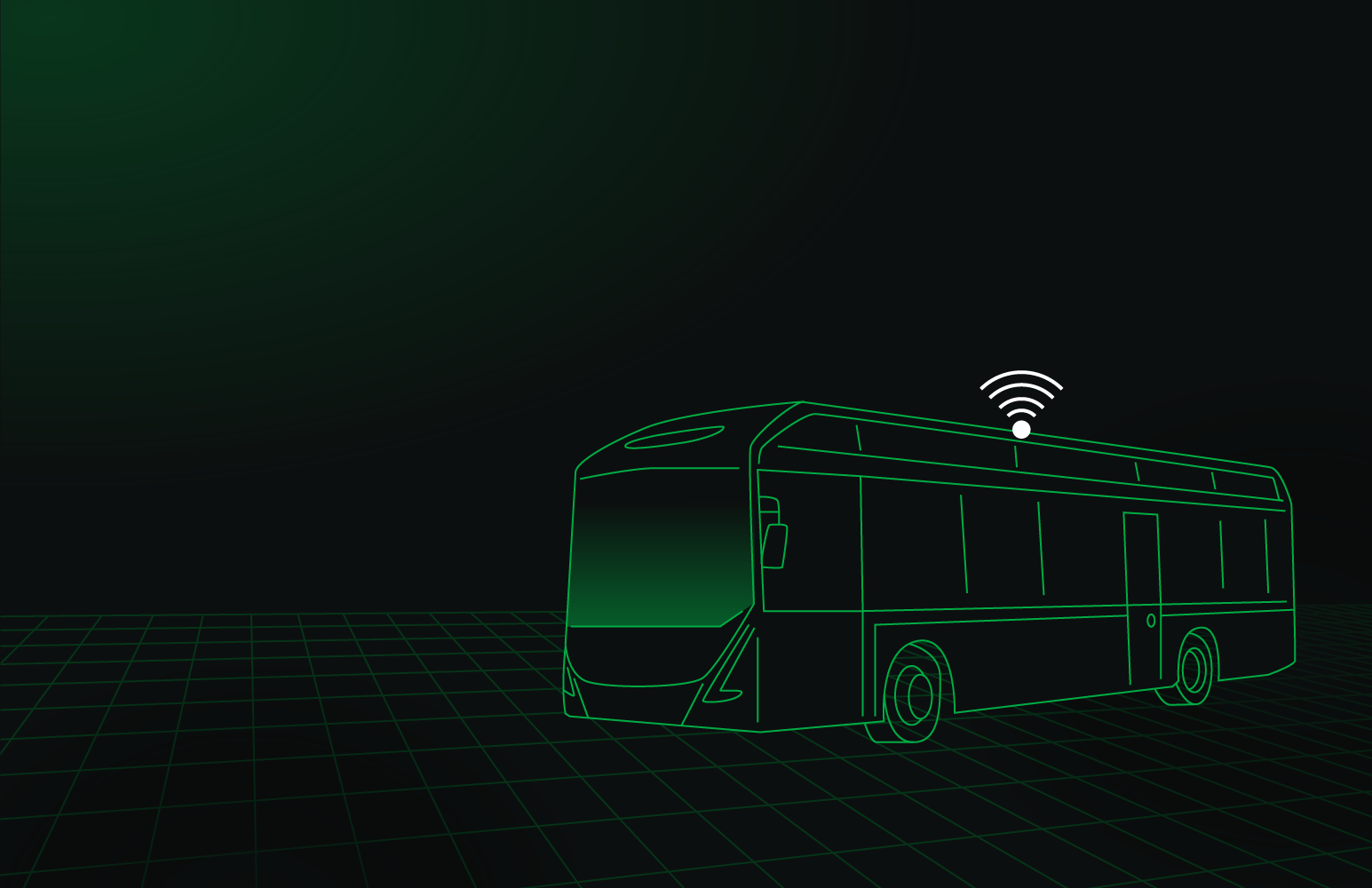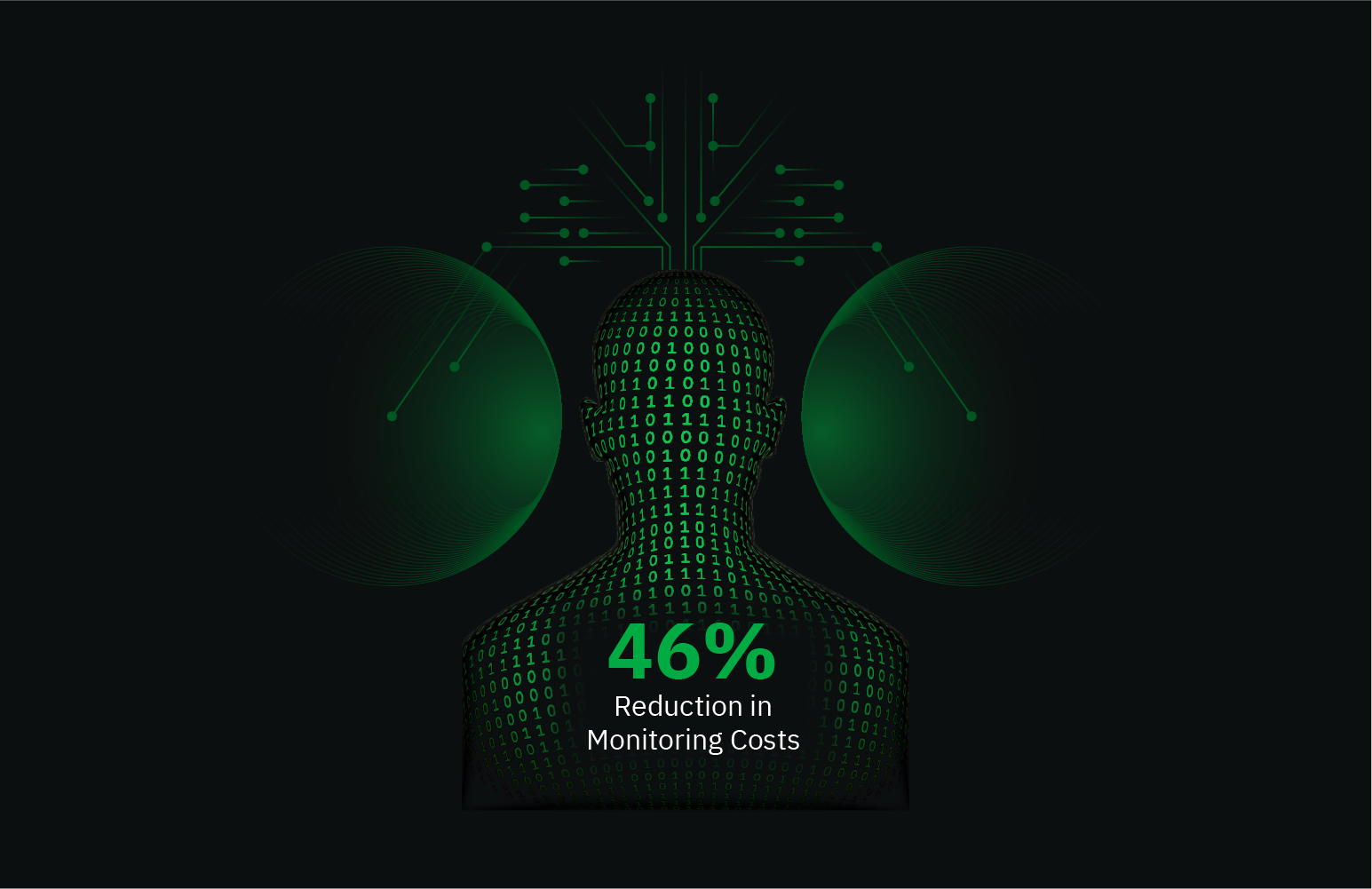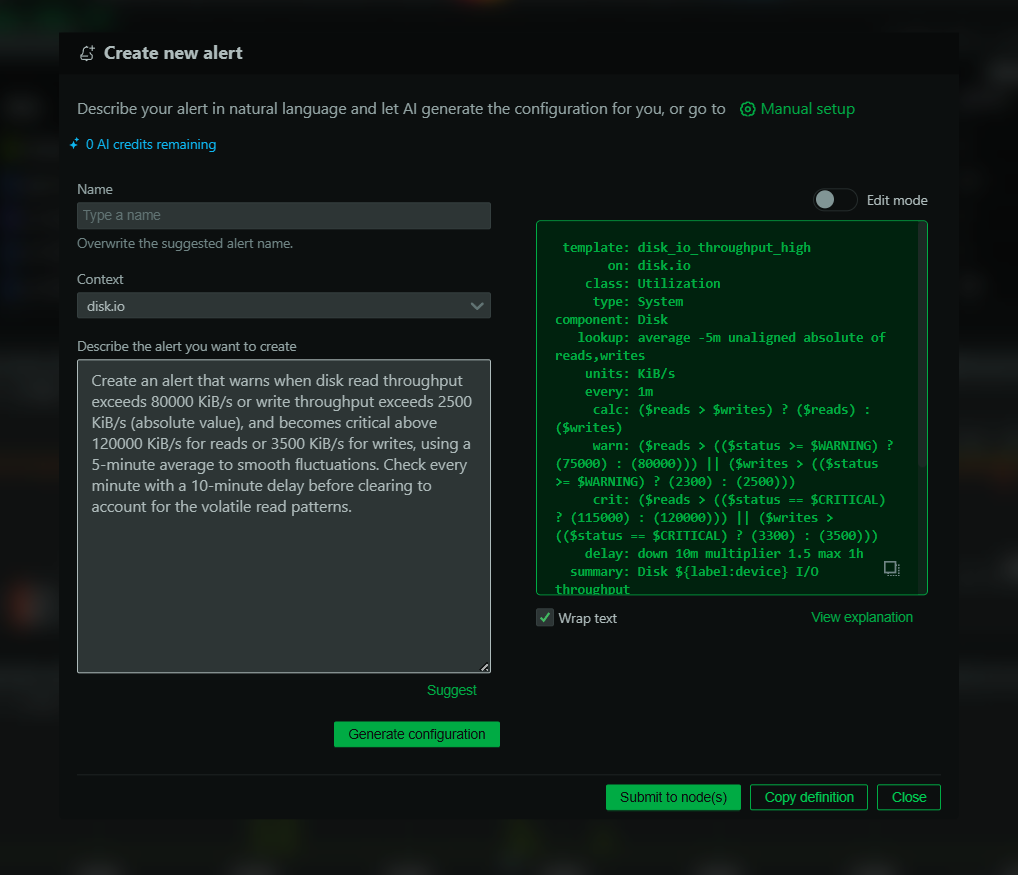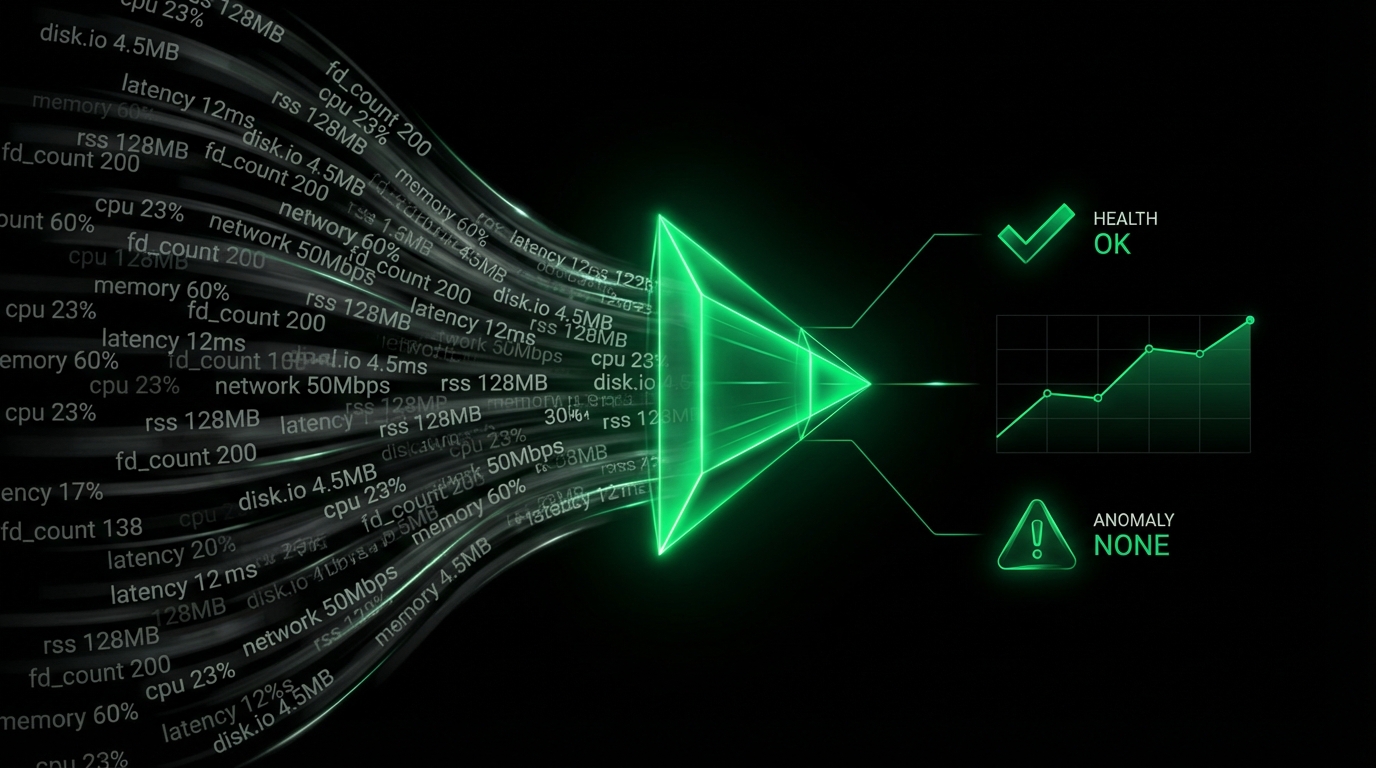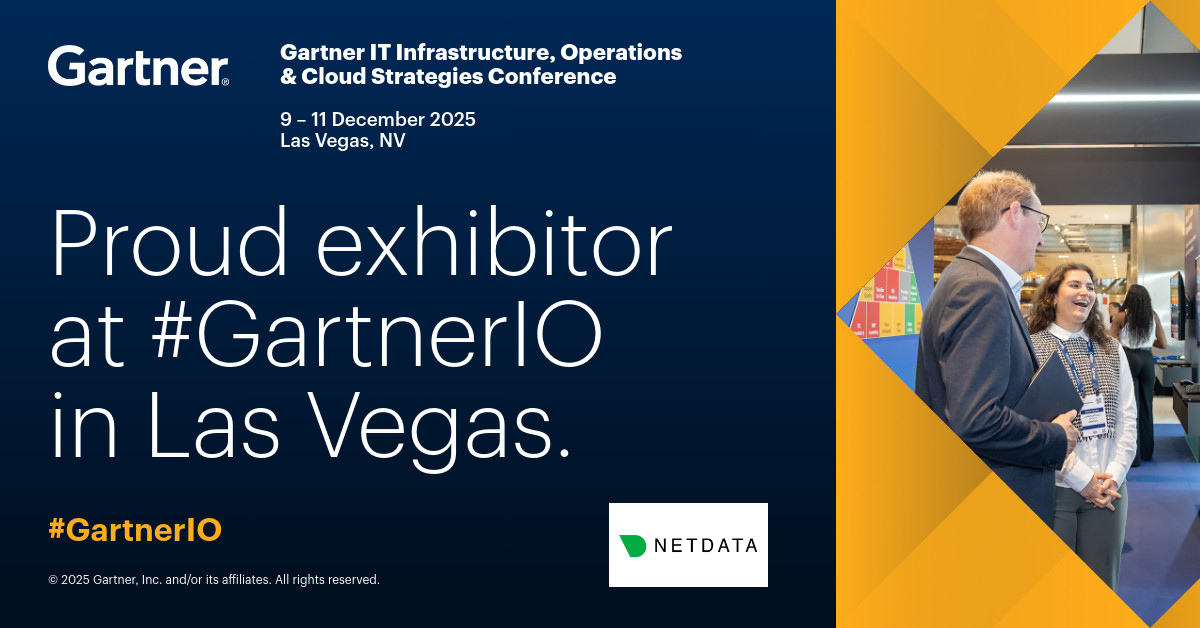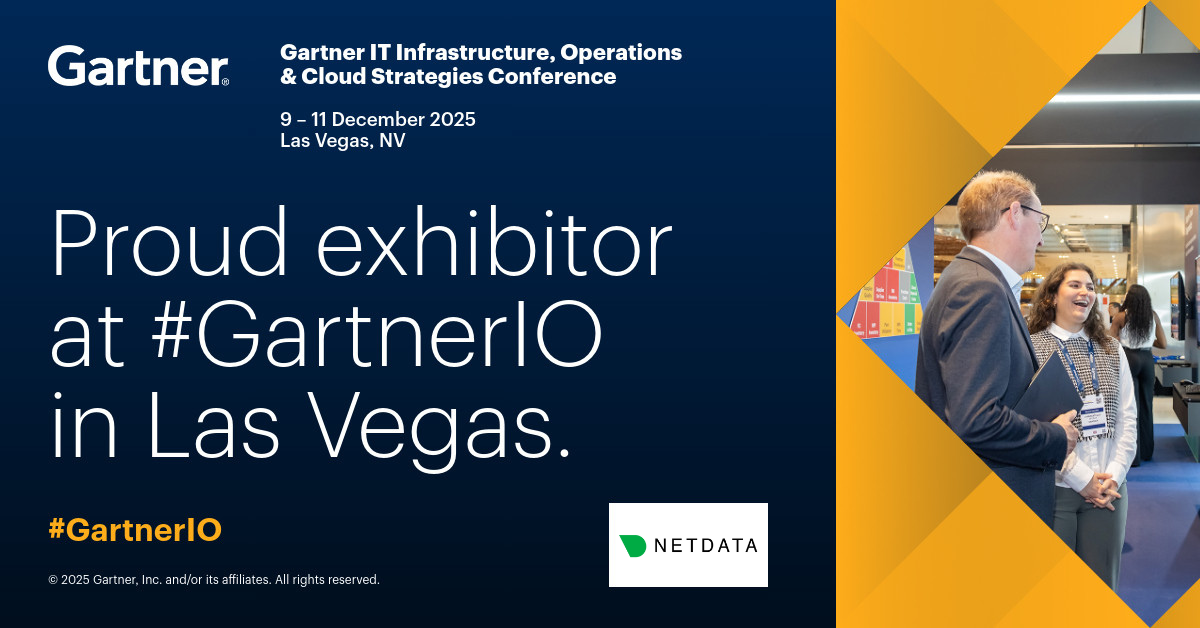See Every Second, Control Every Dollar
While Logz.io centralizes your data and charges per gigabyte with unpredictable overage fees, Netdata distributes intelligence to your systems - delivering per-second visibility with transparent per-node pricing. Monitor everything without fear of surprise bills.



